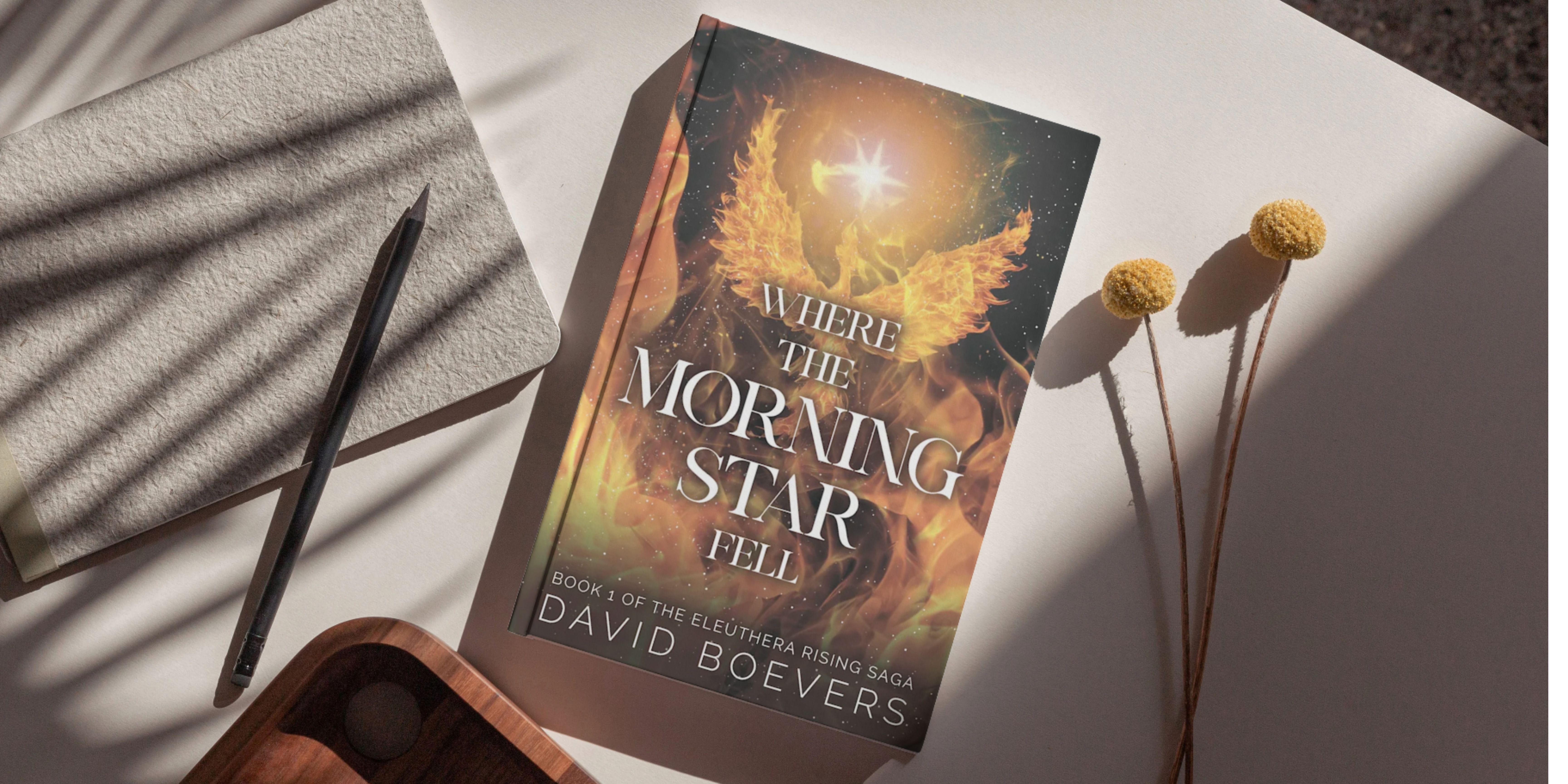Before You Upload: Why We Ask These 4 Questions at Story Stream

Introduction
If you've ever used an AI editing tool and thought, "This isn't what I meant…" you're not alone.
One of the biggest frustrations writers face is that most editing software doesn't understand the heart of what you're trying to say. It might clean up grammar or tighten a sentence, but completely miss the deeper meaning. And let's be honest, there's a big difference between writing a whimsical rom-com and a gritty, slow-burn fantasy filled with political intrigue. Each genre, theme, and narrative style calls for a different kind of feedback—one that not only understands plot mechanics but also respects the author's voice and vision.
That's exactly why Story Stream asks you a few key questions before you upload your manuscript. These questions aren't just formalities—they help our AI understand what you're trying to accomplish with your story, so it can provide feedback that's actually helpful.
Let's break down why each of these questions matters and how they help create a more personalized editing experience.
1. What is the core message or main themes you're trying to explore?
This question gets at the heart of why you're writing in the first place. Are you exploring the complexity of family relationships? The tension between individual freedom and social responsibility? The healing power of connection?
Knowing your core themes helps our AI recognize what matters most in your story. It can then provide feedback that strengthens those themes rather than diluting them. For example, if your novel explores grief and healing, the AI will be more sensitive to emotional nuance and character development in those areas.
Without this context, an AI editor might suggest changes that streamline your plot but undermine the thematic resonance you're working to create.
2. What are the main plot elements you want to highlight or think are interesting?
Every story has multiple plot threads, but not all of them carry equal weight. This question helps you identify which narrative elements you want to emphasize.
By telling us what you find most compelling about your own plot, you help our AI focus its attention on strengthening those elements. If you're excited about the murder mystery at the center of your story, we'll pay special attention to pacing, clue placement, and tension building. If it's the slow-burn romance that matters most to you, we'll focus on character chemistry and emotional development.
This prevents the common frustration of receiving feedback that tries to turn your story into something it was never meant to be.
3. Why is your central character interesting?
Characters are the heart of any story, and your protagonist carries the heaviest burden. This question helps us understand what makes your main character compelling to you as the author.
When you tell us what makes your protagonist fascinating, you're also telling us what aspects of characterization matter most in your story. Is it their moral complexity? Their unique worldview? Their internal conflict? Their growth journey?
This insight allows our AI to provide feedback that preserves and enhances those character qualities, rather than flattening them into generic protagonist types. It's the difference between feedback that says "make your character more likable" versus feedback that says "lean into your character's moral ambiguity by creating more situations that test their principles."
4. What atmosphere, tone, or vibe are you going for?
Tone is one of the most difficult elements for AI to detect without guidance. Is your story meant to be darkly humorous? Contemplative and melancholic? Fast-paced and thrilling?
By specifying your intended tone, you help our AI recognize and preserve the atmospheric elements that create that feeling. This might include pacing, sentence structure, word choice, dialogue patterns, or descriptive focus.
Without a clear sense of tone, AI tools can unintentionally flatten a story's voice, removing humor, tension, or emotional depth in the name of "improvement." This question ensures that any edits maintain the intended mood and rhythm of the work.
Whether the author is aiming for lyrical prose, sharp wit, or minimalist realism, the tool needs that directional cue to avoid derailing the story's vibe.
Why It Starts with You
Each of these questions encourages the writer to pause, reflect, and get clear on what they're really trying to accomplish with their novel. That reflection helps Story Stream become a more thoughtful and responsive editing partner. Instead of pushing past your vision, we work with it.
And it doesn't stop once you upload your manuscript. Story Stream also generates a custom report that looks at how well your writing aligns with the goals, themes, tone, and character intentions you've set. It gives you a clearer picture of what's working and where things might need a closer look.
Check out our breakdown of the Author Intentions feature.
Because good feedback, whether it's coming from a person or a tool, should start by listening to the author. We ask questions for a reason: because your intentions matter. Our goal isn't just to polish your sentences. It's to make sure your story is told the way you want it to be heard. Thoughtful. Resonant. True to you.
Try Story Stream today and experience an editor that listens.
More from the Blog

Interview with John McManus: AI, Storytelling, and the Future of Creative Writing
Acclaimed Southern Gothic writer and Whiting Award winner John McManus shares his optimistic vision for the future of storytelling. From democratizing creative tools to the emergence of new narrative forms, discover why artists have nothing to fear from AI.

Interview with David Boevers, Author of Where the Morning Star Fell
Sci-fi author and educator David Boevers shares how Story Stream helps him revise with precision, purpose, and limited writing time. Discover his process, his Eleuthera universe, and how the Chapter Analyzer keeps his revisions on track.

7 Myths About First Drafts That Are Holding You Back
Let go of perfectionism and embrace the messy truth of first drafts. Discover the 7 common myths that keep writers stuck—and the truths that set you free to create boldly, imperfectly, and authentically.

Meet Jessica James: A Story Stream Success Story
Award-winning author Jessica James shares how Story Stream helped her deepen a dual-era historical mystery, uncover fresh ideas, and return to her creative rhythm.

Tension to Twist: Writing Thrillers That Stay With Readers
Build suspense that lingers after the last page with tension, atmosphere, and grounded stakes your readers can feel.

The Shadow That Shapes the Light: Writing Unforgettable Villains
From archetypes to emotional stakes, explore how to craft villains who pressure protagonists, deepen theme, and keep readers turning pages.